
Exciting new series on “Voice, Body and Movement for Lawyers – How to connect with the jury and find Justice Through Dramatic Technique!”
Click here to find out more
Join us for an insightful program tailored for attorneys seeking a better understanding of the dynamic intersection of Artificial Intelligence (AI) and Alternative Dispute Resolution (ADR). This program will explore three prominent types of AI-driven ADR: Online Dispute Resolution (ODR), Blockchain ODR, and Facilitative ODR; and how they truly impact the practice of dispute resolution. Attorneys will gain an understanding of the advantages and disadvantages associated with these technologies. Additionally, we will delve into the current and potential ethical considerations inherent in their application. Specifically, the program will discuss the following Model Rules of Professional Conduct: Rule 1.1 (Competence); Rule 1.4 (Communications); Rule 1.6 (Confidentiality of Information); and Rule 1.15 (Safekeeping Property). By the program's conclusion, participants will appreciate the valuable role AI plays as an assistant in ADR processes while recognizing the irreplaceable expertise and ethical judgment that humans bring to the resolution table. Participants will also learn practice pointers for maintaining confidentiality and avoiding common pitfalls when utilizing these tools.
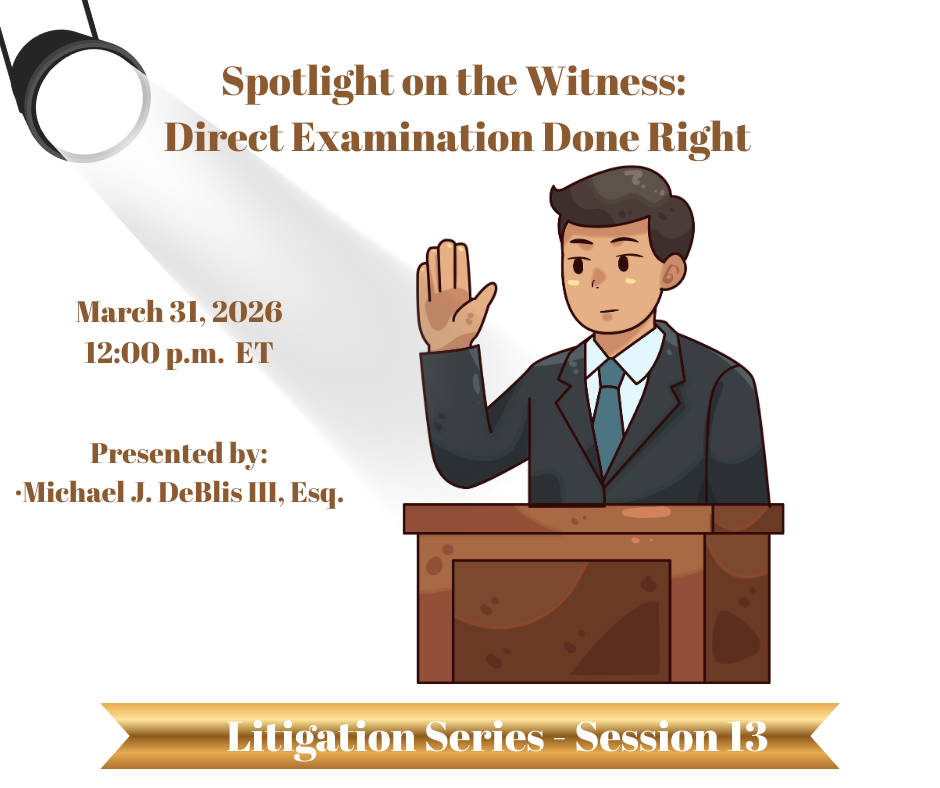
The direct examination presentation outlines how attorneys can elicit truthful, credible testimony w...
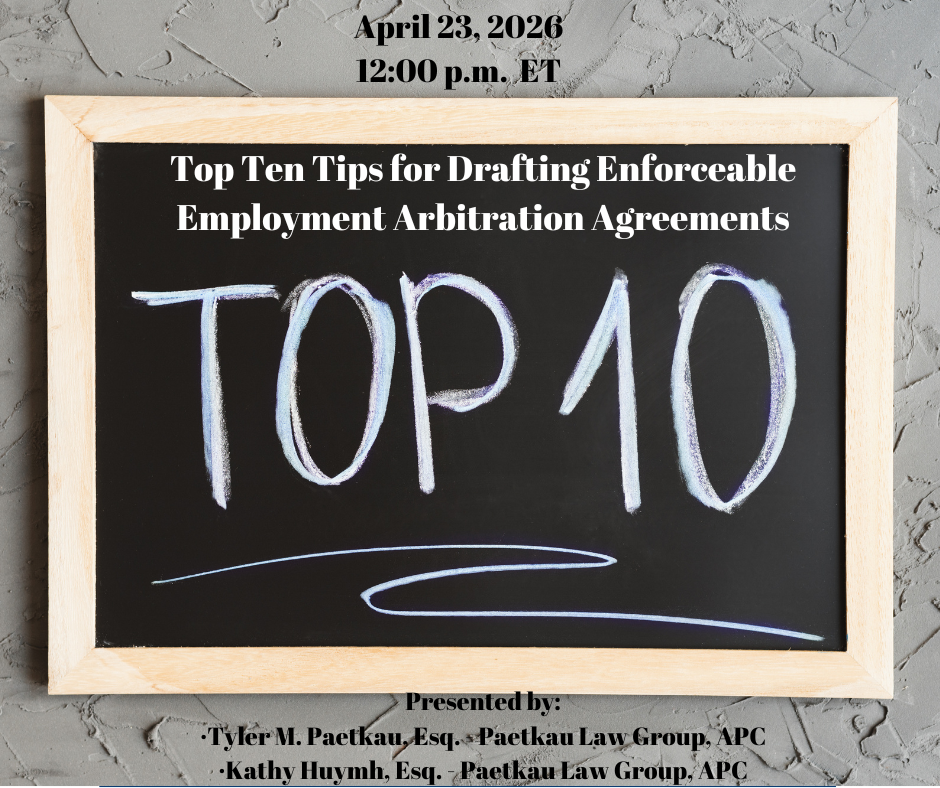
In the rapidly evolving landscape of employment law, arbitration agreements have become a cornerston...
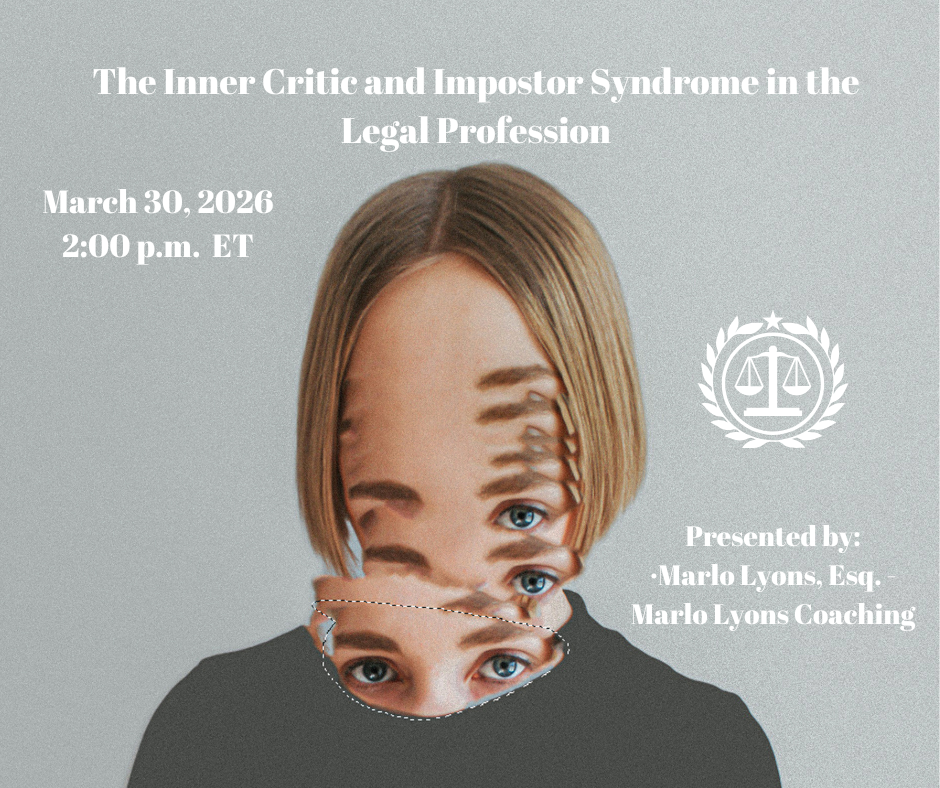
In high-stakes, high-pressure environments like the legal field, even the most accomplished professi...
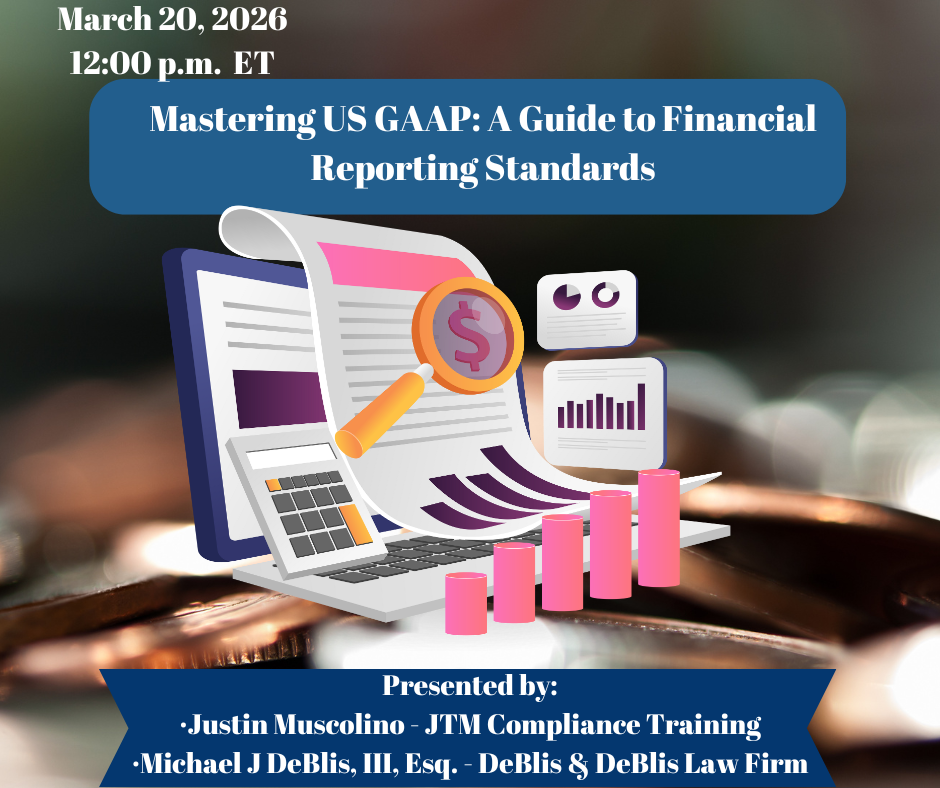
This advanced CLE dives into complex GAAP topics relevant to attorneys advising corporate, regulator...
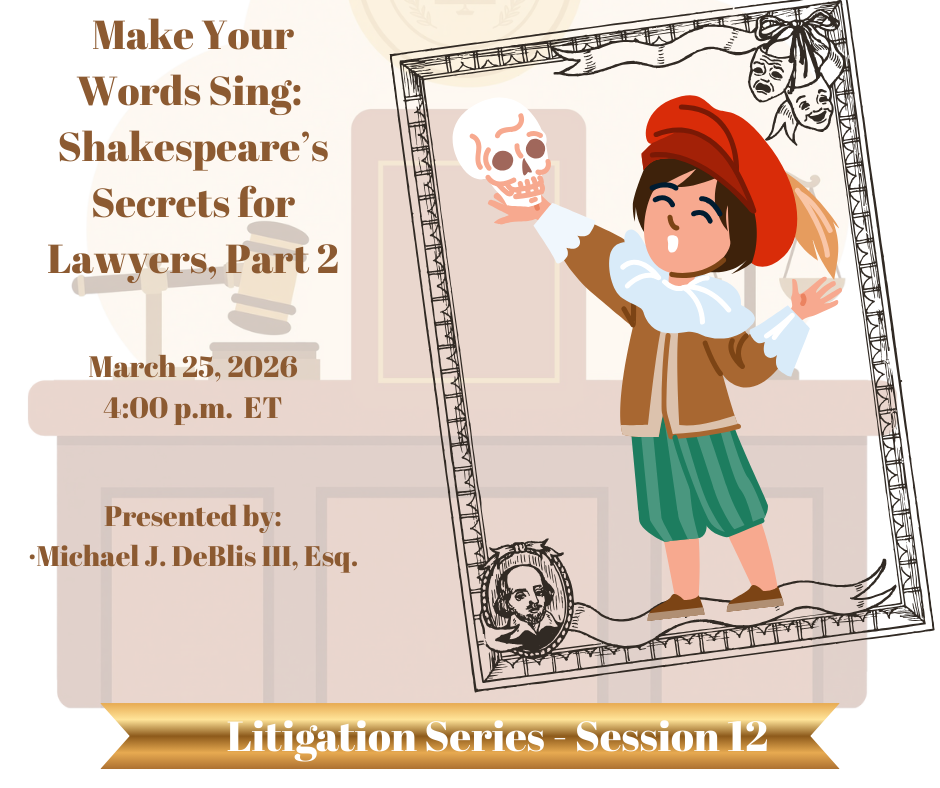
This companion program to Part 1 goes deeper into the rhetorical power of Shakespeare, emphasizing h...
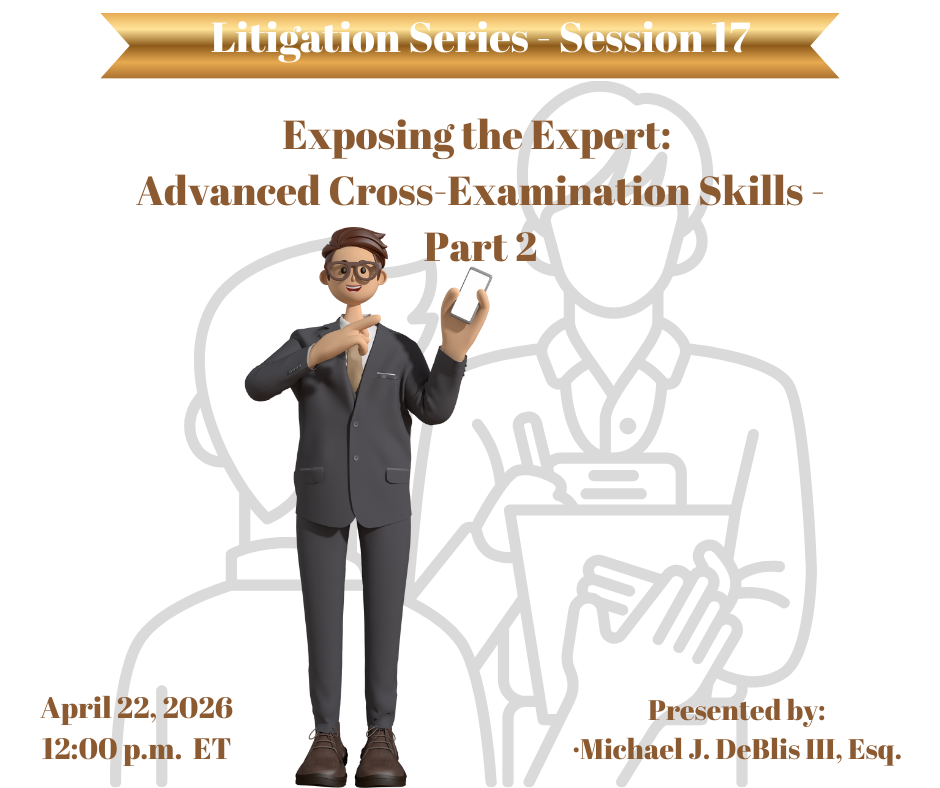
Part 2 - This program will continue the discussion from Part 1 focusing specifically on cross?examin...
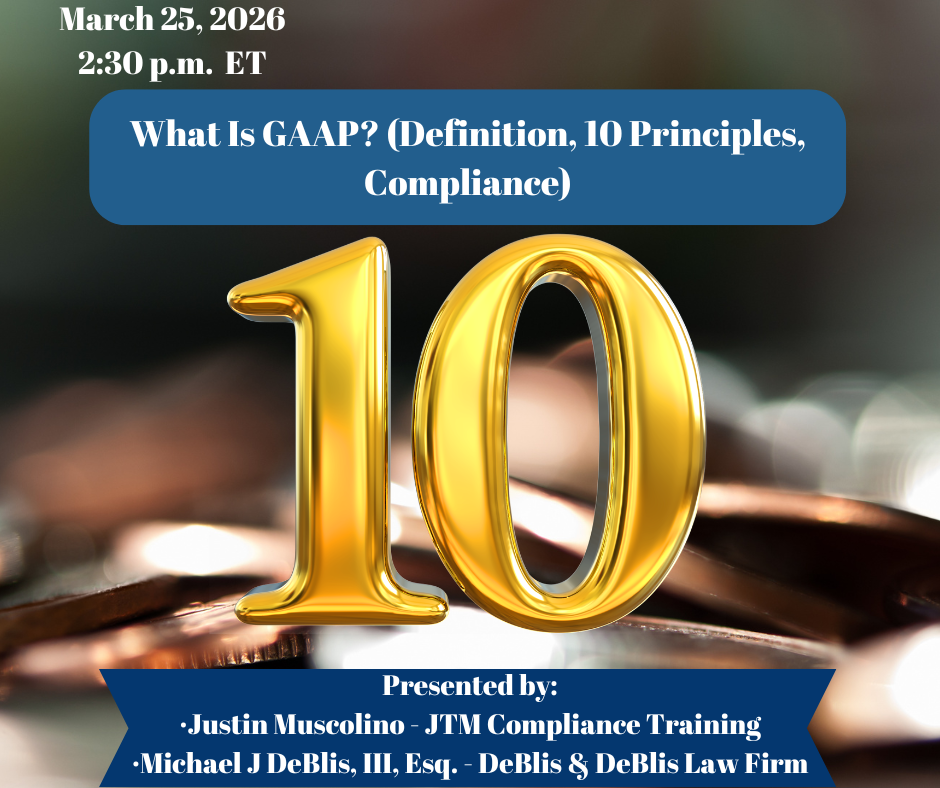
This course breaks down GAAP’s ten foundational principles and explores their compliance impli...
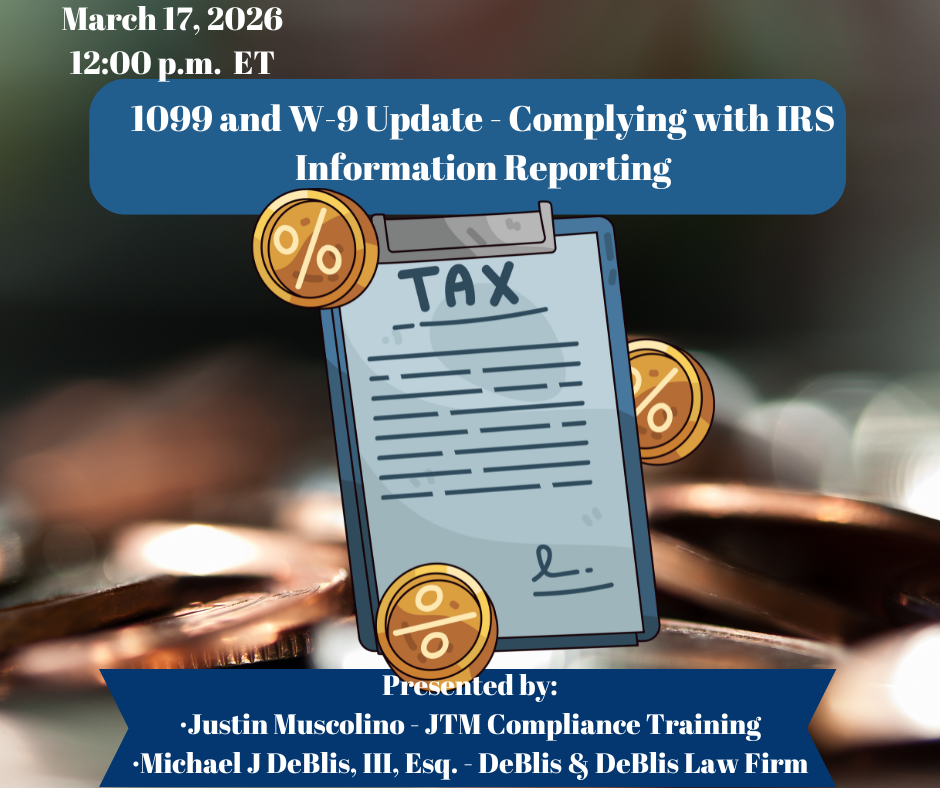
This CLE program covers the most recent changes affecting IRS information reporting, with emphasis o...
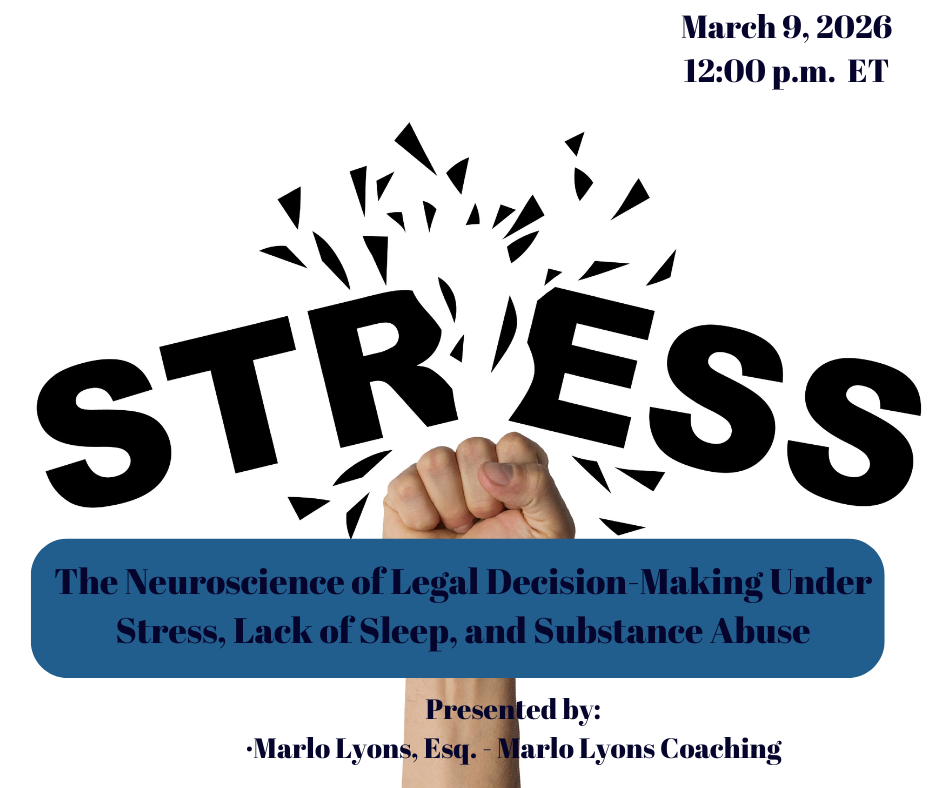
This dynamic and compelling presentation explores how chronic stress, sleep deprivation, and substan...
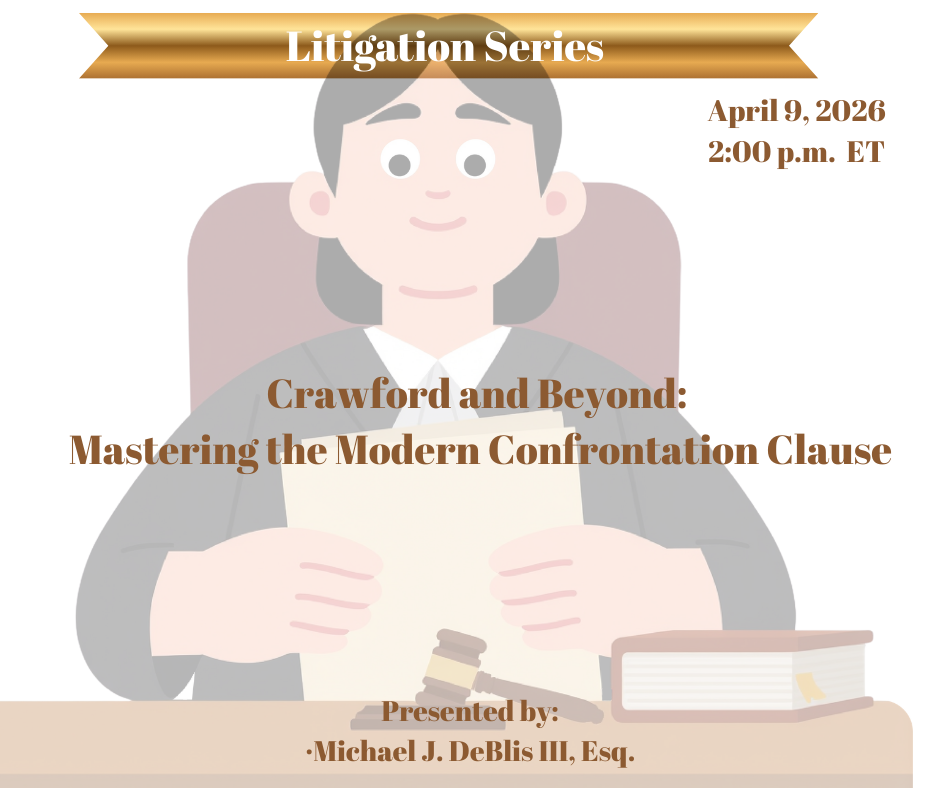
This program provides a comprehensive analysis of the Sixth Amendment Confrontation Clause as reshap...